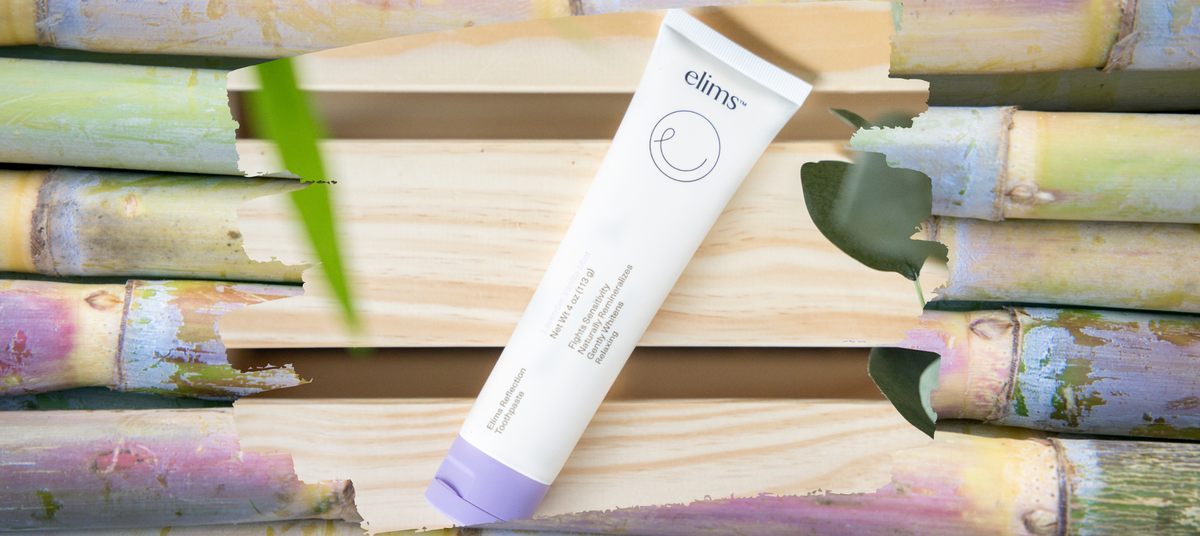Checking Out Sugarcane Products: Versatile Benefits and uses
The exploration of sugarcane items exposes an exceptional array of applications that expand well past the familiar world of sweeteners. As we take a look at the diverse contributions of sugarcane, one could question just how these varied uses can improve markets and lifestyles in a quickly progressing world.
Review of Sugarcane
Although sugarcane is commonly connected primarily with sugar production, it is a functional plant with an abundant history and numerous applications. Cultivated in subtropical and tropical areas, sugarcane thrives in well-drained soils and cozy climates, adding dramatically to several economic climates worldwide. This seasonal turf, coming from the genus Saccharum, can expand to heights of as much as 4 meters, showcasing its durable nature.
Beyond its key function in sugar extraction, sugarcane acts as a vital source for various byproducts. The fibrous deposit, called bagasse, is utilized for producing bioenergy and as a resources for manufacturing paper and eco-friendly items. Additionally, molasses, a by-product of sugar refining, is rich in nutrients and generally utilized in pet feed and fermentation processes.
Sugarcane additionally plays a substantial function in typical medicines and social practices in numerous regions, showing its importance beyond business usage (sugarcane product). Moreover, with the raising concentrate on lasting farming practices, sugarcane is being explored for its potential in biofuels and carbon capture, placing it as a key gamer in the transition towards renewable resource resources. Therefore, the versatility of sugarcane prolongs much beyond the confines of sugar manufacturing
Sugarcane in Food Products


Beyond sugar, sugarcane is the source of energy-rich products such as jaggery and panela, which are standard raw sugars used in many societies. These products not only sweeten foods yet likewise convey special flavors and dietary benefits.
Sugarcane juice, a refreshing beverage enjoyed in several tropical areas, showcases the plant's flexibility. It is usually eaten fermented or fresh right into alcohols like rum.
In addition, sugarcane fibers, referred to as bagasse, are sometimes used to create food product packaging materials, highlighting the ecological advantages of sugarcane processing. On the whole, sugarcane's contribution to food is multifaceted, boosting flavors, offering dietary worth, and playing a significant duty in culinary customs worldwide.
Industrial Applications of Sugarcane
In numerous industries, the flexibility of sugarcane expands far beyond its cooking applications. Sugarcane offers as a vital resources in the manufacturing of biofuels, specifically ethanol, which is progressively made use of as a renewable resource resource. This biofuel is derived through fermentation and purification processes, supplying a lasting option to fossil fuels and adding to a decrease in greenhouse gas exhausts.

In addition, the sugarcane industry has found applications in pharmaceuticals, where its elements are this article made use of in the formulation of various medicinal items. The all-natural substances extracted from sugarcane exhibit antimicrobial and antioxidant residential properties, improving the effectiveness of particular drugs.
Last but not least, sugarcane is indispensable to the production of a variety of chemicals, including glycerol and organic acids, which are important for various commercial procedures. These applications highlight sugarcane's considerable role in advertising commercial sustainability and advancement.
Environmental Advantages of Sugarcane
The complex applications of sugarcane not only boost industrial procedures but also contribute substantially to ecological sustainability. As an eco-friendly resource, sugarcane cultivation plays an important role in carbon sequestration, soaking up substantial amounts of co2 from the environment. This process assists reduce climate adjustment by lowering greenhouse gas concentrations.
Moreover, sugarcane results, such as bagasse and molasses, provide green options to conventional products. Bagasse, the coarse residue after juice removal, can be used as a biomass fuel, minimizing dependence on nonrenewable fuel sources and advertising cleaner power sources. In addition, molasses can be transformed right into bioethanol, further supporting sustainable power efforts.
Sugarcane farming additionally promotes biodiversity and dirt wellness. Sustainable farming techniques, such as intercropping and crop turning, improve soil fertility and lower erosion. The crop's deep root system aids in water retention, consequently boosting and supporting regional ecological communities strength versus drought.
Health Advantages of Sugarcane
Rich in crucial nutrients and natural sugars, sugarcane provides numerous health and wellness advantages that make it a useful addition to a balanced diet. Its high fiber content aids in digestion, promoting digestive tract health and wellness and preventing constipation. Furthermore, sugarcane provides anti-oxidants, which combat oxidative tension and may decrease the danger of persistent diseases.
In addition, sugarcane juice is recognized for its hydrating residential properties, making it a superb beverage selection, specifically in warm environments. The natural sugars present in sugarcane supply a quick energy increase, beneficial for professional athletes and those engaged in physical tasks. It likewise includes crucial nutrients, such as vitamin C, magnesium, potassium, and calcium, which add to general wellness.
Studies recommend that sugarcane may help regulate blood sugar degrees, making it a more effective sweetener for people with diabetic issues when consumed in moderation. In addition, its anti-inflammatory residential properties can support liver wellness and help in detoxing.
Conclusion
In final thought, sugarcane emerges as a highly flexible plant with significant contributions to numerous industries. The byproducts of sugarcane, such as bagasse and molasses, help with eco-friendly methods, while its wellness advantages enhance overall wellness.
Although sugarcane is frequently browse around here connected largely with sugar manufacturing, it is a versatile crop with a rich history and many applications.Past its main duty in sugar extraction, sugarcane serves as an important source for different byproducts. Largely understood for creating sugar, sugarcane is changed right into granulated sugar, brownish sugar, and molasses, each offering distinctive cooking objectives.Rich in essential go to my blog nutrients and natural sugars, sugarcane offers numerous health benefits that make it a valuable addition to a balanced diet plan. The natural sugars present in sugarcane provide a fast energy boost, useful for athletes and those engaged in physical activities.
Comments on “The Growing Popularity of Sugarcane Product in the Cruelty-Free and Sustainable Markets”